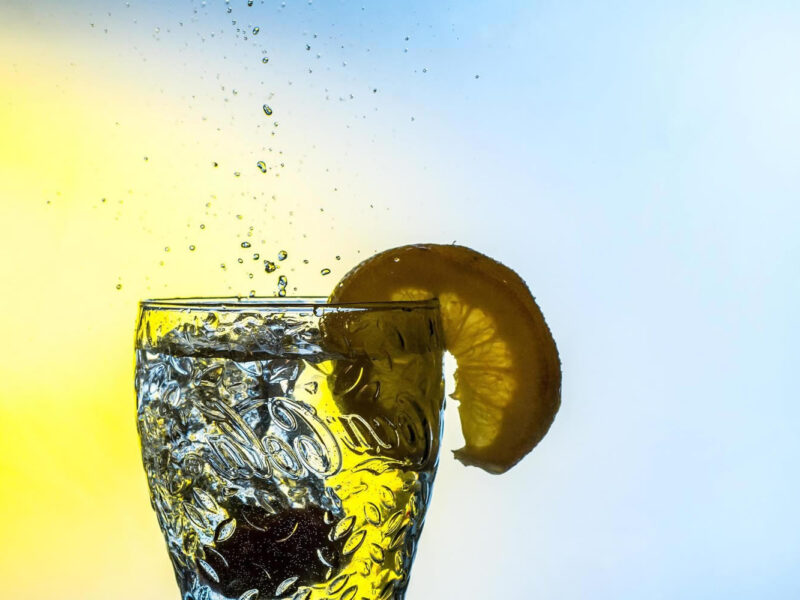Despite warnings from health officials about the high consumption of carbonated soft drinks, global consumption has been increasing rapidly for over 50 years.
Flinders University psychologist researchers are now investigating the potential individual responses and “mechanisms” for this rise in consumption as part of an Australian Research Council Discovery Project.
It is thought that people react differently to soft drink “cues”, which are available 24/7 at convenience stores, supermarkets, petrol stations, and vending machines.
More than 120 undergraduate students, 81 men and women aged 17-25 years old, were surveyed. They found that the self-regulation (or “inhibitory control”) and evaluation bias (or “automatic positive judgement”) were associated with more soft drinks.
“Evaluative bias for soft drink cues may be an important factor in soft drink consumption as soft drinks are heavily marketed and these powerful marketing messages generally associate soft drinks with positive emotions such as ‘being cool’ or ‘having fun with friends’ or even ‘happiness’,” says Flinders University PhD candidate Joshua McGreen, lead author of a new paper in the international journal, Appetite (Elsevier).
He says, “This study takes us closer to finding new and accessible methods to help habitual soft drink users and other consumers who want to more actively try to limit their intake.”
While a tax may be one strategy, it does not address the underlying causes of consumption and it does not empower consumers to control their consumption.
This age group is the largest consumer of soft drinks. It’s a serious public health problem, with 40%-50% of Australian adults consuming at most one soft drink per week.
Each of the self-regulatory control and evaluation bias were measured using computerised cognitive tasks. The consumption was also measured using a taste test.
Flinders University will expand its research in 2022 to examine targeted interventions to decrease consumption. This could be done via a mobile app or other means.
Awareness campaigns and medical interventions are being planned in advanced and developing economies to address the issues of excessive soft drink intake.
WHO guidelines suggest that children and adults reduce their daily intakes of sugars to less 10% of their total energy intake. Additional health benefits could be achieved by reducing sugar intake to below 5%, or approximately 25 grams (6 teaspoons) per person daily.

